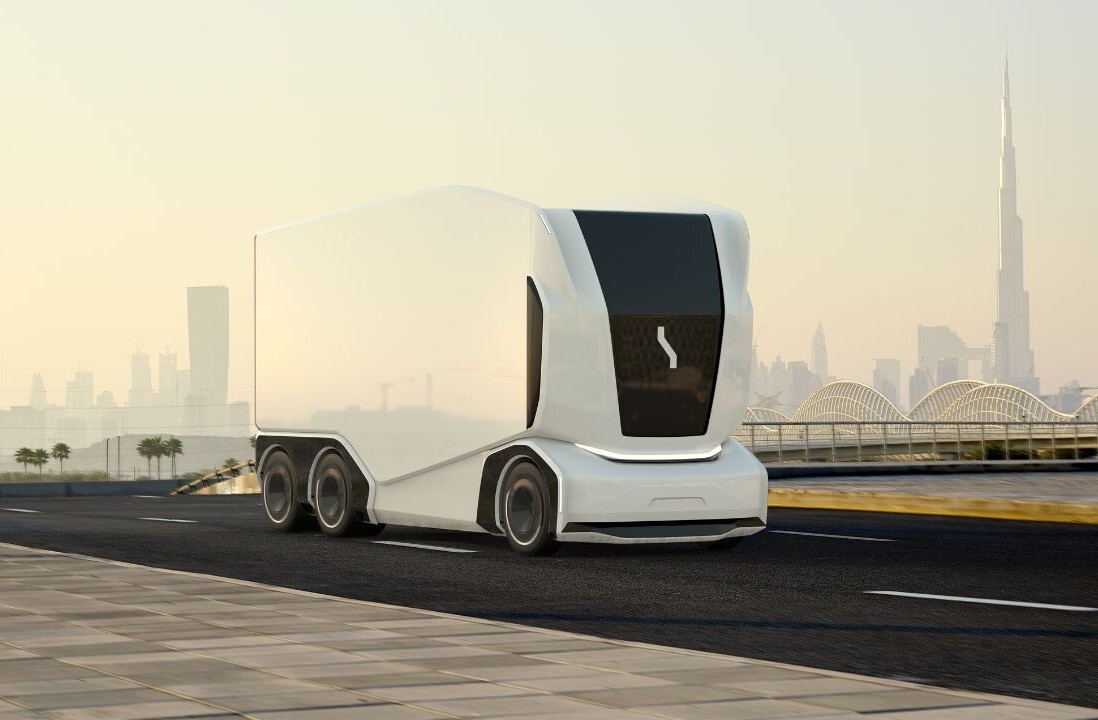So you like our media brand Shift? You should join our Shift event track at TNW2020, where you’ll hear how data, autonomy, and connectivity are fueling the future of mobility.
This article was originally published by Sarah Wray on Cities Today, the leading news platform on urban mobility and innovation, reaching an international audience of city leaders. For the latest updates follow Cities Today on Twitter, Facebook, LinkedIn, Instagram, and YouTube, or sign up for Cities Today News.
The New Urban Mobility alliance (NUMO) has launched a tool to help cities use data to evaluate micromobility services against policy goals related to equity, safety and sustainability.
The Micromobility & Your City: Leveraging Data to Achieve Policy Outcomes site pinpoints key questions, use cases and goals from cities – for example, understanding how many trips are being added or replaced by micromobility services, or how long vehicles are sitting idle in public spaces – and links them to the required metrics and data.
It could assist cities which have micromobility services up and running to evaluate their systems. Further, it could help municipalities that are still in the planning phase to ensure they have the right permitting rules in place from launch and avoid some of the disruption experienced by micromobility early adopters.
“There is clearly an interaction between cities — their urban form and street networks, the quality and reach of transit, the mix of uses in neighborhoods — and the utility of micromobility offerings in those cities,” said Harriet Tregoning, NUMO director. “This platform can help cities, transit agencies and micromobility operators work together more effectively to meet their mutual goals of increasing affordable, safe, reliable, convenient access while lowering carbon and pollution.”
Adaptable
NUMO, which formed in 2019 to support the integration of new technologies into urban transport, developed the tool with a group of over 50 experts from city governments, research organizations, mobility service operators and data aggregation platforms. These included the cities of Oakland, Toronto, Washington and Minneapolis, alongside companies such as Populus, Remix, Uber, Lyft, and Bird.
While it has been developed with micromobility in mind, the tool could also be applied to new types of mobility as they emerge. Sebastian Castellanos, NUMO research lead, told Cities Today: “Whether it’s a bike, scooter or magic carpet, the goals of the city won’t change, so the data requirements won’t change that much either. The tool should help in dealing with data that is coming from any other type of new mobility that is deployed in cities.”The development process also included a ‘policy scan’ which reviewed the local regulations for micromobility services in 16 cities and evaluated pilot programs in seven others.
Minimal data
Mobility data is proving key to helping cities adapt their transport systems in the wake of the COVID-19 pandemic but previously, it has also been at the centre of disputes. The Los Angeles Department of Transportation (LADOT), for example, has been challenged by both Uber and the American Civil Liberties Union (ACLU) over its requirement for micromobility companies to provide historic and real-time trip data back to the city, with a particular issue around real-time data.
“We were very conscious in doing this work that the privacy discussion is ongoing,” said Castellanos. “We want to make sure that people feel comfortable with the data that cities and companies are collecting. We looked at the very specific data points that might help cities answer some of these questions and tried to minimize the data that they needed to collect.”
He added: “One of the things that surfaced naturally from the conversations was that the data being produced by these new modes and companies is just a small piece of the puzzle. Actually, the data that cities need to answer some of these questions often comes from existing sources.”
NUMO has also developed an “atlas” to visualize micromobility trends and co-developed the COVID Mobility Works platform with several other non-profits. The latter catalogues over 500 mobility responses to the COVID-19 pandemic and recovery.
Castellanos said the organization’s next project is a ‘choose your own adventure’-inspired tool to help cities prepare for potentially disruptive new technologies and support smoother market entry for companies.
NUMO grew out of the Shared Mobility Principles for Livable Cities and is hosted by the WRI Ross Center for Sustainable Cities.
SHIFT is brought to you by Polestar. It’s time to accelerate the shift to sustainable mobility. That is why Polestar combines electric driving with cutting-edge design and thrilling performance. Find out how.
Get the TNW newsletter
Get the most important tech news in your inbox each week.







